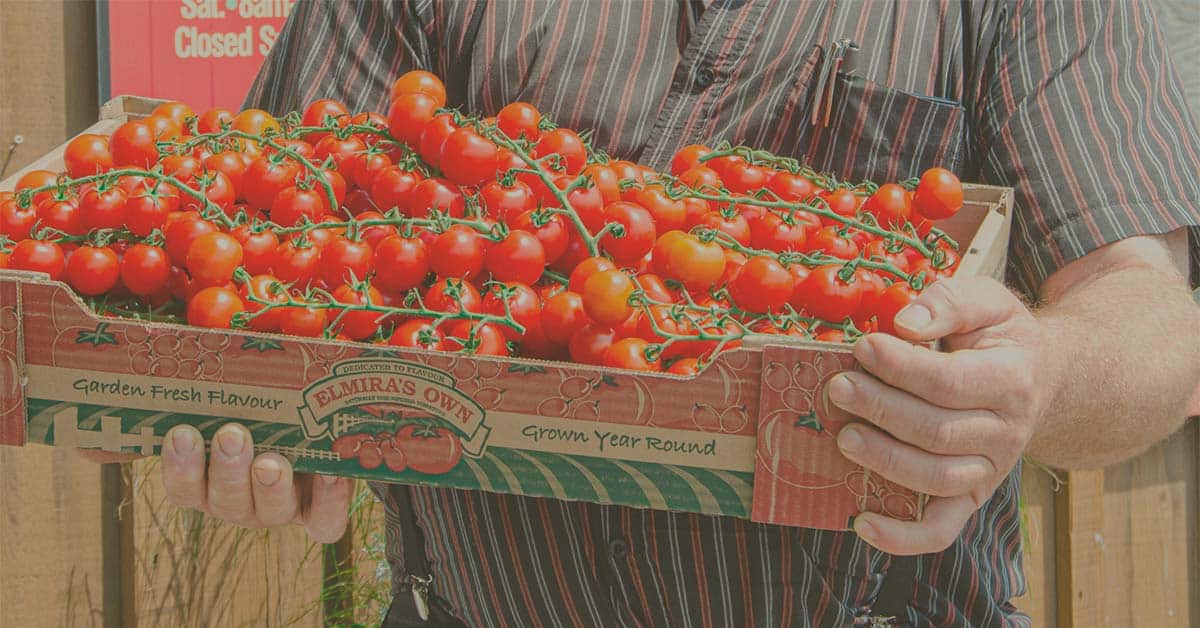More than 88 per cent of eligible Waterloo Region residents – those over the age of 12 – have received at least one dose of vaccine, with 82 per cent fully inoculated. Public health officials looking to boost those numbers are focusing on rural areas where the participation rates are lower.
That push in the townships includes farm and Mennonite communities, where programs such as the region’s mobile clinics are part of the outreach strategy.
“We’ve done a number of things to reach out to the rural communities, and the vaccine buses have been probably one of our more successful outreach tools,” said Vickie Murray, director of pharmacy at Grand River and St. Mary’s hospitals and a member of the region’s vaccine task force.
“We don’t always get a ton of people vaccinated on vaccine buses, but we go back to our summer initiative with ‘every dose counts.’ If we can make that vaccine accessible and we can reach people who we didn’t reach before, we’re really happy about that.”
The bus clinics have been out to the likes of Elmira, Floradale, Linwood and St. Jacobs.
Some of the rural areas in the region have vaccination rates in the 60 to 70 per cent range, which leaves room for improvement.
The primary care provider to many rural residents, the Woolwich Community Health Centre (WCHC) sees firsthand some of the hesitancy issues. The organization is also well placed to help improve the response rate, having in place an outreach network that includes Low German speakers who can speak with some of the Mennonite communities.
“We’ve noted some hesitancy within the rural community generally, and especially the Mennonite community. But that is to be expected given some of their experiences with COVID testing, general hesitancy and difficulty of people who work in agriculture, especially in more rural communities, to get testing and to vaccine centres,” said Rosslyn Bentley, WCHC’s executive director.
The organization received federal funding for a program specifically aimed at outreach to Mennonite communities. Launched in August, it runs through November.
“We have hired some outreach workers to specifically work with the community to address any questions they might have and be flexible around offering [assistance] to people. One of our outreach workers speaks Low German, so she could translate for people if they have questions and to reassure them about what’s available, or offer to listen to hear what some of the concerns are, and to address specific questions people might have,” she explained.
The underlying goal is to make getting vaccinated as easy as possible.
“There’s a portion of the population right now who’s not interested in getting vaccine. But there’s also a portion of people who are unvaccinated that really aren’t against the vaccine – we just haven’t made it easy enough for them to get it. There’s a variety of reasons for that. Sometimes it’s childcare, sometimes it’s travel, sometimes it’s religion or family situation; we want to consider all of those aspects, and that’s why we’re doing the outreach now,” said Murray.









